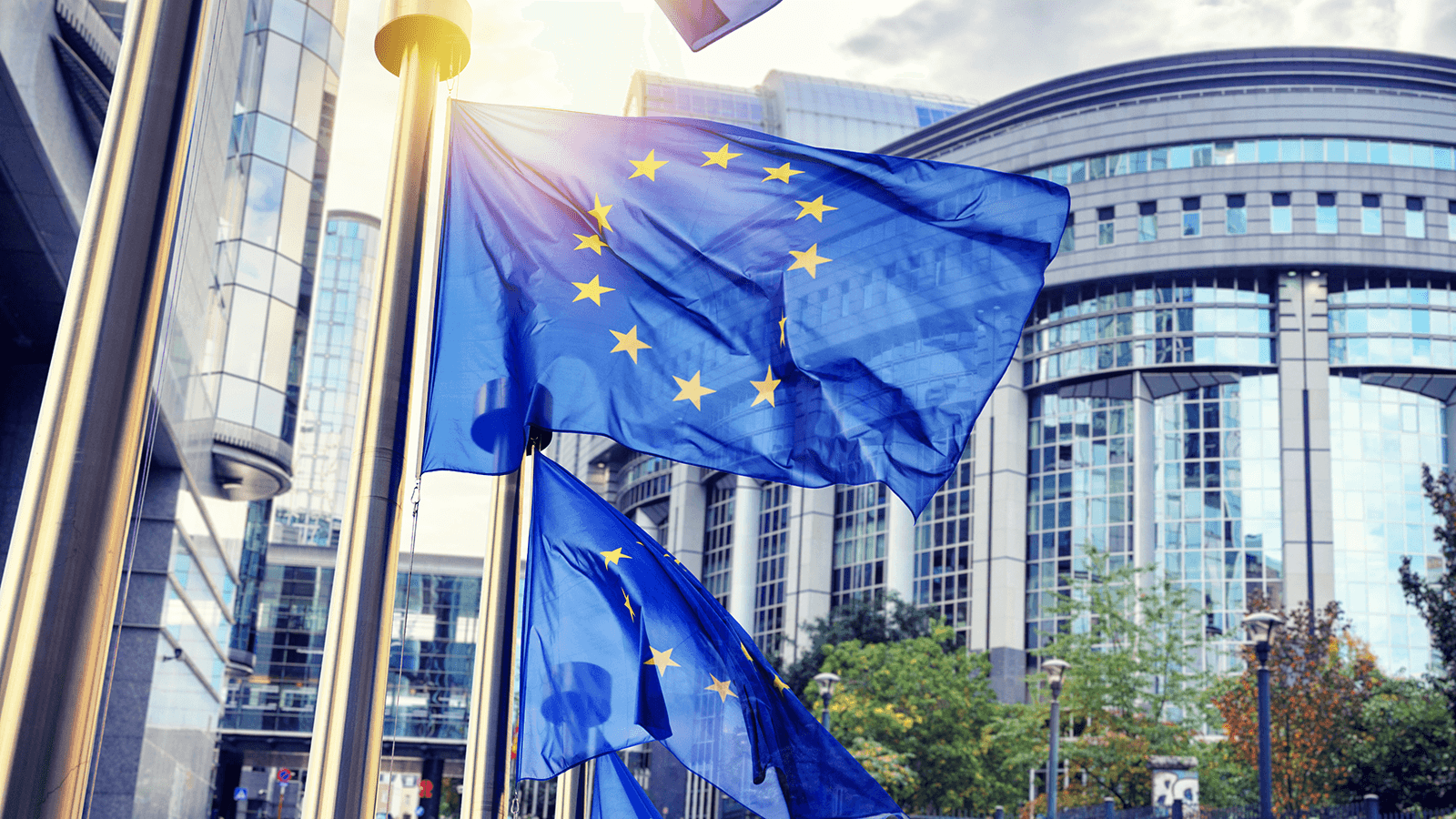EU Considers New ‘Anti-money Laundering Authority’
‘AMLA,’ a brand new regulator, will monitor crypto businesses in the European Union considered a risk for money laundering

EU Commission; Source: Shutterstock
key takeaways
- European institutions still have a long way to negotiate details before the new rules take effect
- The EU has already approved Markets in Crypto Assets (MiCA),and Transfer of Funds Regulations
Sooner or later, a new regulator will emerge in the European Union (EU) to oversee anti-money laundering rules, including crypto assets as well. The 27 Member-States agreed to a “partial position” this Summer to create a new EU authority for anti-money laundering that would oversee crypto transactions.
The body will not only help fight money laundering in the European financial markets, but also be given new powers to directly supervise certain types of credit and financial institutions — including crypto asset service providers — if they are considered too risky.
The position is “partial” because EU countries have not yet agreed on the location at which the new authority will have its seat. If they follow the same procedures as other EU regulators, countries and European cities will have to compete with each other to get the new headquarters on their territory.
The so-called Anti-money laundering Authority (AMLA) will “boost the efficient functioning of the Anti-Money Laundering and Countering the Financing of Terrorism (AML/CTF) framework of the Union,” according to the Council of the EU, the governing body’s legislative branch. A European-wide regulator could “make a strong and useful contribution” in fighting money laundering and the financing of terrorism, given that this is usually a cross-border crime.
Besides that, AMLA will “contribute to the harmonization and coordination of supervisory practices in the financial and non-financial sectors, the direct supervision of high-risk and cross-border financial entities, and the coordination of financial intelligence units.” Though, this may take several years to be in place.
A long political road for AMLA
This legislation, which is the sixth update of AML rules, was first introduced by the European Commission last year. Members of the European Parliament, who have typically taken a hard stance towards crypto regulation, still have to give their green light before this new regulator can see the light of the day. But there seems to be little disagreement about its existence, including the authority over digital assets, The Block reported.
This has been a very busy year for EU institutions regarding crypto regulation. Early this Summer there was an agreement on the Markets in Crypto Assets (MiCA), as well as in the Transfer of Funds Regulations. These two are the pillars of the future crypto regulation in the European single market.
Arguing that the EU is working to stop criminals from circumventing anti-money laundering rules via cryptocurrencies, the Council of the EU and the Parliament announced in June a provisional agreement to extend the scope of the rules to transfers of crypto assets, “making it more difficult for them to be misused for criminal purposes.”
“The aim of this recast is to introduce an obligation for crypto asset service providers to collect and make accessible certain information about the senders and beneficiaries of the transfers,” the Council explained at the time, guaranteeing that this would ensure “traceability of crypto-asset transfers in order to be able to better identify possible suspicious transactions and block them.”
According to the EU Parliament, this agreement also covers transactions from so-called unhosted wallets, which are in the custody of a private user, when they interact with hosted wallets managed by crypto-assets service providers. Right now, the Parliament, Council, and Commission are working on the technical aspects of these legislative texts. They have to be approved by the plenary before entering into force.
Absent better privacy tools, critics warn that overzealous regulation of public blockchains could open the door to a regime of financial surveillance, adversely affecting citizen’s freedom.
Get the news in your inbox. Explore Blockworks newsletters:
- The Breakdown: Decoding crypto and the markets. Daily.
- Empire: Crypto news and analysis to start your day.
- Forward Guidance: The intersection of crypto, macro and policy.
- 0xResearch: Alpha directly in your inbox.
- Lightspeed: All things Solana.
- The Drop: Apps, games, memes and more.
- Supply Shock: Bitcoin, bitcoin, bitcoin.





